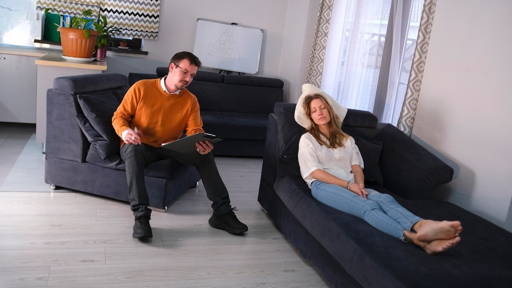The mental pressure on European healthcare professionals is reaching alarming levels. New research by the World Health Organisation (WHO) Europe shows that one in three doctors and nurses suffers from depression or anxiety. That is no less than five times more than in the general population.
According to WHO Europe Director Hans Kluge, this mental health crisis ‘threatens the stability of our healthcare systems’. More than one in ten healthcare workers have even had thoughts of suicide or self-harm. ‘This is an unacceptable burden for those who care for us every day,’ said Kluge.
High work pressure and violence increase risk
The study, based on 90,000 responses from 29 European countries, shows that healthcare workers who work long hours, work night and shift work, or are victims of violence or intimidation are significantly more likely to experience mental health problems.
- One-third of respondents reported bullying or threats of violence in the past year.
- One in ten experienced physical violence or sexual harassment.
- A quarter of doctors work more than 50 hours a week.
In addition, almost a third (30%) of doctors and a quarter (25%) of nurses work on temporary contracts, which leads to uncertainty and stress.
Major differences between countries
The highest levels of depression were reported in Latvia and Poland, where almost half of healthcare workers experience symptoms. In Denmark and Iceland, the figures are significantly lower, at around 15 per cent.
The WHO advocates zero tolerance for violence and intimidation in healthcare, structural measures to limit overtime and extremely long shifts, and guaranteed access to mental health care for healthcare professionals.
Work pressure in healthcare
In recent years, increasing attention has been paid to alleviating the work pressure on doctors, nurses and other healthcare professionals, as the ever-increasing work pressure is increasingly leading to absenteeism, burnout and other mental health issues. In an effort to reduce work pressure, hybrid healthcare solutions are also being used more and more often, such as at Dokterszorg in Friesland.
Politicians are also increasingly calling for measures to reduce work pressure. In the Netherlands, the Supplementary Care and Welfare Agreement (AZWA) was developed for this purpose. The AZWA agreements are closely linked to the Outline Agreement on Elderly Care (HLO), on which a negotiated agreement was reached earlier. Among other things, structural funding is being invested in the larger-scale introduction of digital innovations, but also in improving working conditions, work-life balance and mental support for healthcare professionals. Because, as the WHO emphasises, the recovery of healthcare requires not only technological progress, but above all sustainable attention for the people who make that care possible every day.







